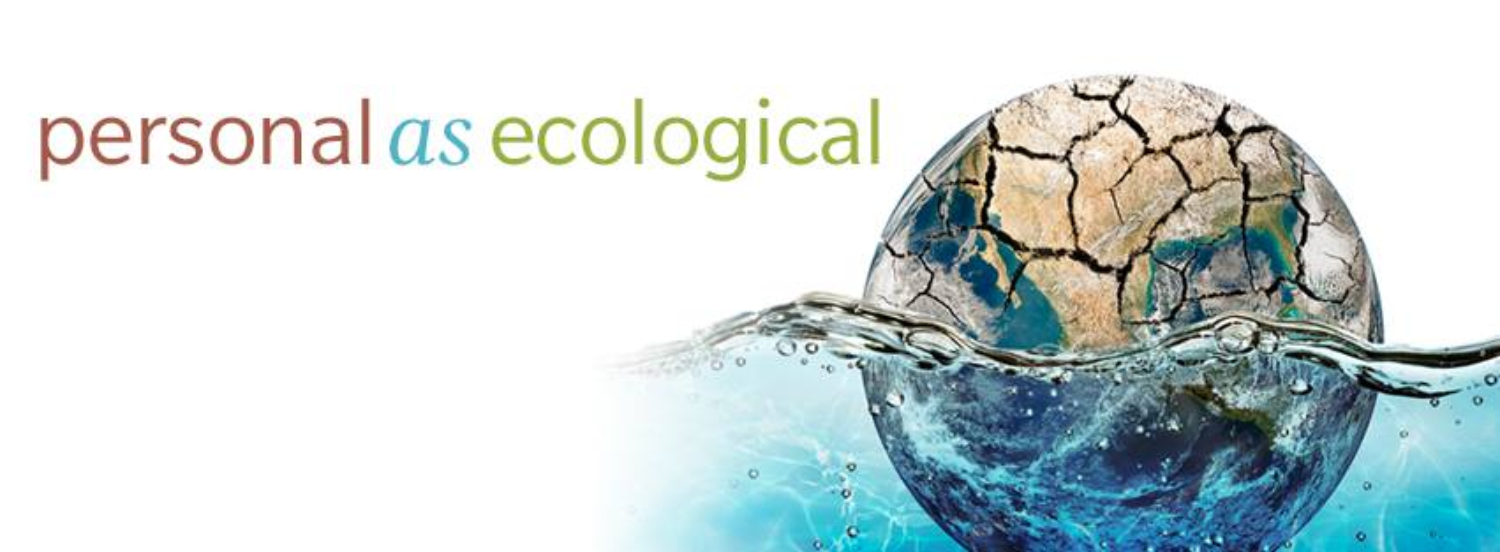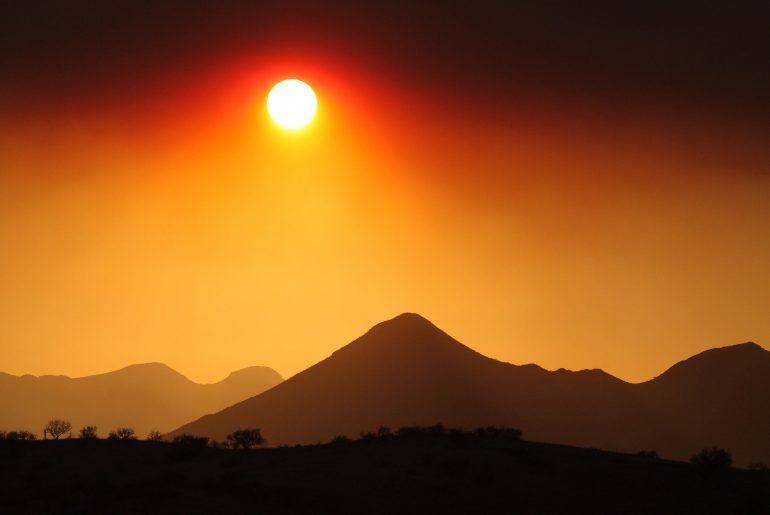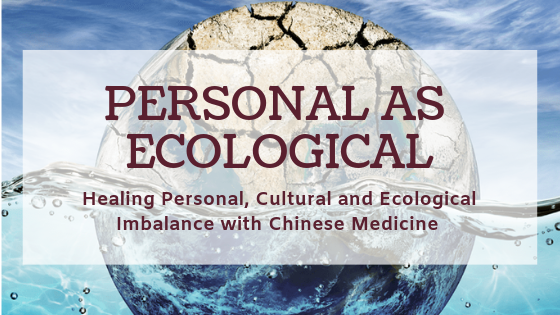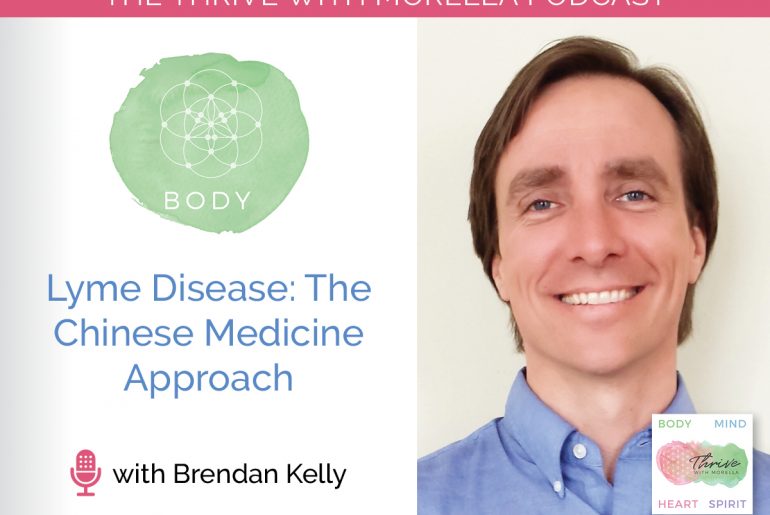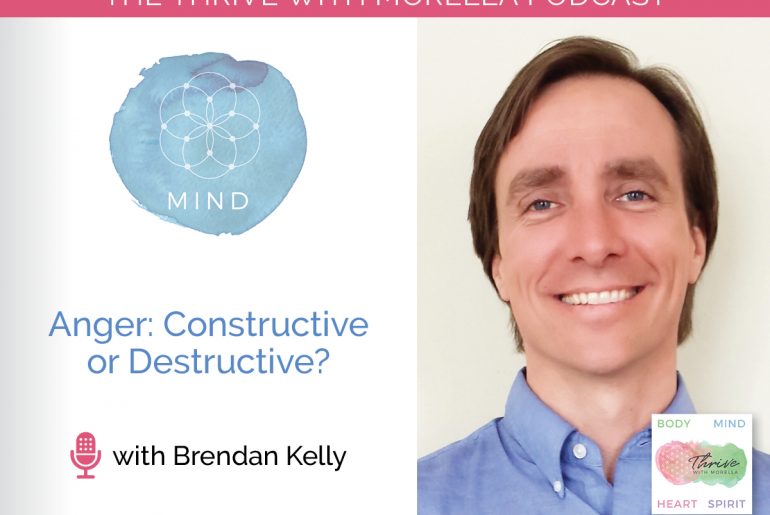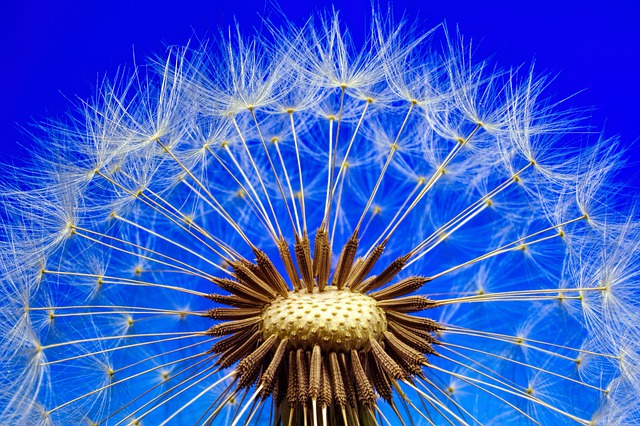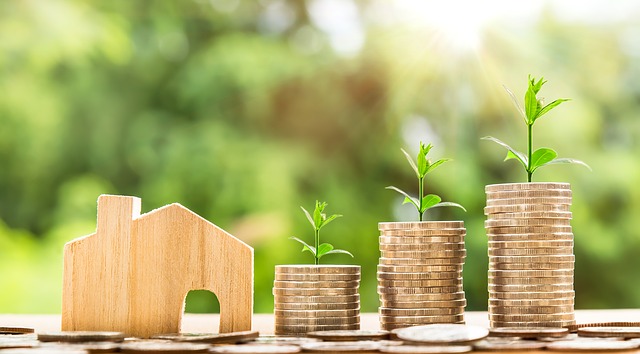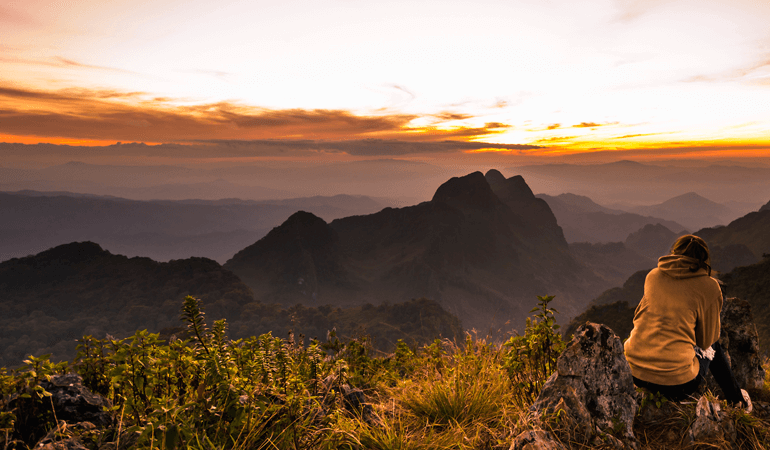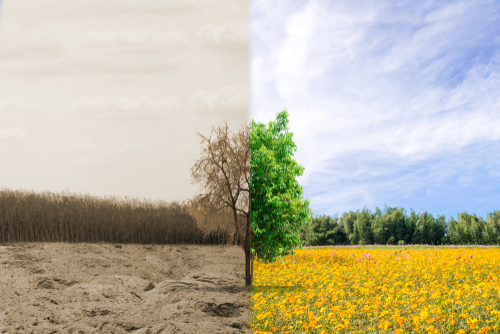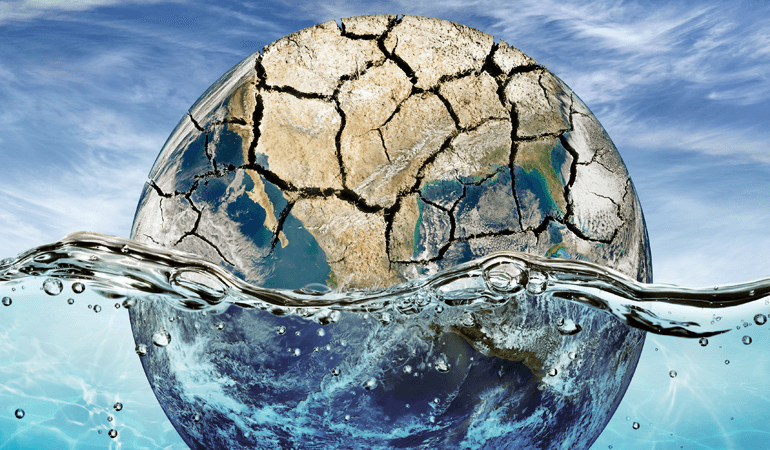The latest science on climate change warns that the Earth is in serious trouble. Sea levels are rising, biodiversity loss is accelerating, and extreme weather events—from the polar vortex to summer typhoons—are wreaking havoc. If we are to survive, we must change our lifestyle so that the Earth can regain its natural balance and return to equilibrium. The idea of restoring balance is an integral part of traditional Chinese medicine. Recently practitioners of this art have been applying their expertise to the problem of climate change, examining it in a holistic way and taking into account the relationship between individual well-being and the global environment. The Yin and Yang of Climate One of the best known books on this topic is The Yin and Yang of Climate Crisis by Brendan Kelly. Kelly, a practitioner of traditional Chinese medicine, explains how the contrasting opposites of yin (contentment and coolness) with yang…
Healing Personal, Cultural and Ecological Imbalance with Chinese Medcine
The very same imbalances that are creating climate change are occurring within us and within our culture. Using the holistic lens of Chinese medicine, we can see that an essential remedy for the sickness of global warming is addressing the imbalances in our own lives and in western society.
Lyme Disease: The Chinese Medicine Approach
Brendan Kelly shares his vast experience with Lyme Disease, tell us how at least 50% of his practice right now is treating people at various stages of Lyme. He explains why Chinese Medicine (which includes foods, herbs and acupuncture) is so effective treating Lyme. In this episode he shares: The progression of Lyme through four different stages; what Chinese Medicine calls each stage and how they manifest in different symptomsWhat to do at each stage of the disease, what foods to eat and how lifestyle affects each stageWhy there is no single remedy for Lyme but rather how Chinese Medicine treats the individual rather than the diseaseThe connection between Lyme and climate change
Anger: Constructive or Destructive?
Episode Notes: Brendan Kelly shares with us the Chinese Medicine wisdom on anger. In this conversation we touch on: What is anger?What’s the healthy, appropriate and constructive expression of anger?What happens when we stifle or suppress our anger?Why our world itself seems to be angry…The force of anger in social change… from oppression of minorities to global warming…What we can do today to channel our anger. To learn more about Brendan’s work, you can visit his website; and to read more about his book, The Yin & Yang of Climate Change and purchase it you can visit this link right here.
Internal Climate Change
Almost all of what we hear about climate change comes from our usual western perspective. There are important discussions about the need to reduce greenhouse gas emissions, increase carbon sequestration, eat local food, and question continuous economic growth. While these concerns are of real and urgent importance, they focus on the symptoms of the climate crisis rather than the deeper, root causes. If we were to look at climate change from a different vantage point, we could see that what is happening in the environment around us is also happening within us. For several thousand years, Chinese medicine has understood the world holistically. Part of this holism is the holographic understanding that the small picture and the big picture are the same picture—the only difference is one of scale. Using the lens of Chinese medicine, we can understand that the severity of climate change speaks to deeper and more wide-reaching…
The Belief in Continuous Growth
As has been discussed by many authors, the ecological effects of an economy based on growth are far-reaching. Despite what advertisements and manufacturers might imply, the things that we buy do not simply materialize out of thin air. Things like shoes, cars, and phones come from somewhere and are made from actual things. And much of the manufacture of these things is unsustainable both in terms of what is being taken from nature as well as what is being returned in terms of waste. We are converting physical aspects of nature into commodities that we can buy and sell, often creating toxicity in the process. The overwhelming emphasis of our economy is on buying new things and, soon after, replacing them with more new things. As we discussed before, this economic emphasis is on the Yang, and from a Five Phases perspective it’s also about the Wood. And as it…
Coffee and Climate Change: Personal and Global Overstimulation
The National Coffee Association says 83% of Americans drink coffee, and that we’re the world’s biggest consumer of the beverage. With new gadgets and gourmet brews it’s an estimated $30+ Billion industry. But is coffee actually good for our health? Are we drinking more coffee to keep up with the increasing pace of the American lifestyle? Brendan Kelly, co-founder of the Chinese medicine clinic Jade Mountain Wellness in Burlington, Vermont and author of The Yin and Yang of Climate Crisis, offers valuable insight on the Chinese Medicine perspective of coffee, here’s an excerpt from his new book: But I heard that coffee was good for you. Coffee is clearly stimulating and does increase blood flow to the brain and other areas. It can provide a lift of energy, but many short-term fixes come with long-term costs. In addition to this heat, coffee is also damp, which can trap the overstimulation and make it harder…
3 Ways to Promote Personal Health & Ecological Well-Being
As I sit down to write this, looking out the window from my house in northern Vermont, we’ve recently transitioned into spring. But unlike many other past transitions out of winter, this year’s change isn’t from cold, snow, and ice into more warmth, sunshine, and the green of new grass. While the temperature is increasing alongside the first signs of new growth in our yard, we’ve just finished what many people are calling the “winter that wasn’t.” Rather than the cold, sub-zero temperatures we’re accustomed to here in New England, this winter has been unseasonably warm. We’ve had a few cold days over the past few months but we’ve also have long stretches well above freezing, with temperatures reaching over 50 degrees during what is often the coldest part of winter. We’ve also had some snow this winter but much less than usual. One Vermont ski mountain was only open 45…
The Yin and Yang of Cancer and Climate Change
Almost all of what we hear about cancer comes from our usual western perspective. Things like how smoking can increase the likelihood of developing the condition and how eating vegetables can reduce the chances. However, if we look at cancer from a different view, we begin to see that what’s happening within us is also happening in the world around us. According to the American Cancer Society, for those of us now living in the U.S., one in two men and one in three women will be diagnosed with cancer. And one in four men and one in five women will die from the condition. With a population of about 310 million, that’s 125 million cancer diagnoses and 72 million deaths. Along with these extraordinary rates of cancer, there are voluminous amounts of data that demonstrates clearly that the climate is destabilizing. For several decades, the Intergovernmental Panel on Climate…
The Yin and Yang of Lyme Disease and Climate Change
Our usual Western view of the world teaches us separation. Medically, we’re taught to believe that each organ is separate from the others and that the physical, mental, and emotional aspects of our lives are distinct. We’re also encouraged to see ourselves as separate from the people and the world around us. The long history of Chinese medicine offers us a different view—one of interconnection. From an Eastern view, all of our organs are connected and the different parts of our lives are woven together into a whole. Likewise, we are part of the human and ecological communities surrounding us. For several thousand years, Chinese medicine has understood that what happens on a large scale is a reflection of what occurs on a smaller scale, and vice versa. Similar to a modern Western understanding of holograms, where each small part of the picture contains the entire image, Eastern medicine recognizes…
